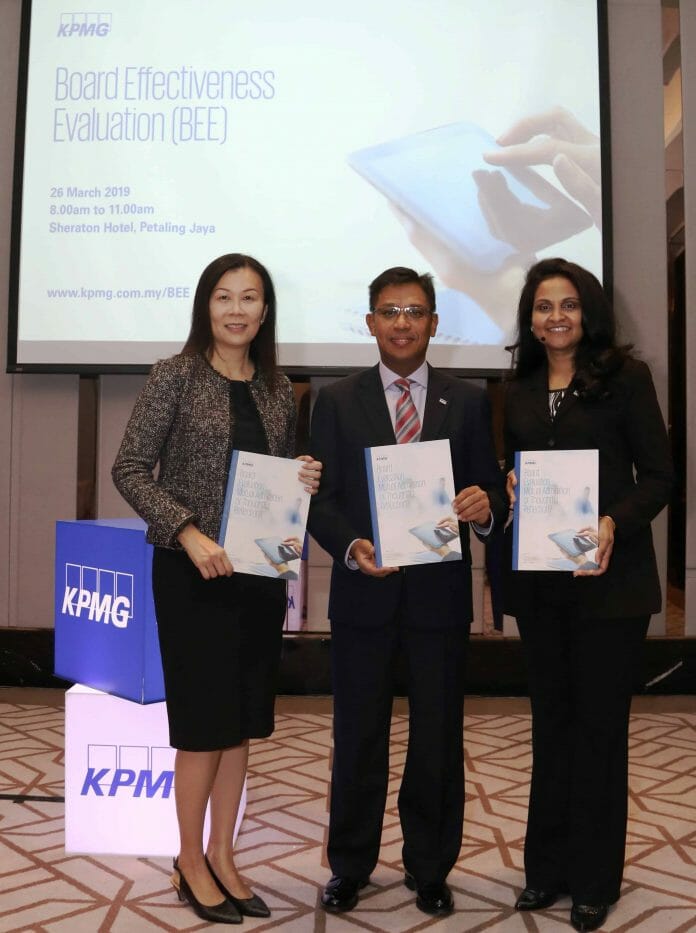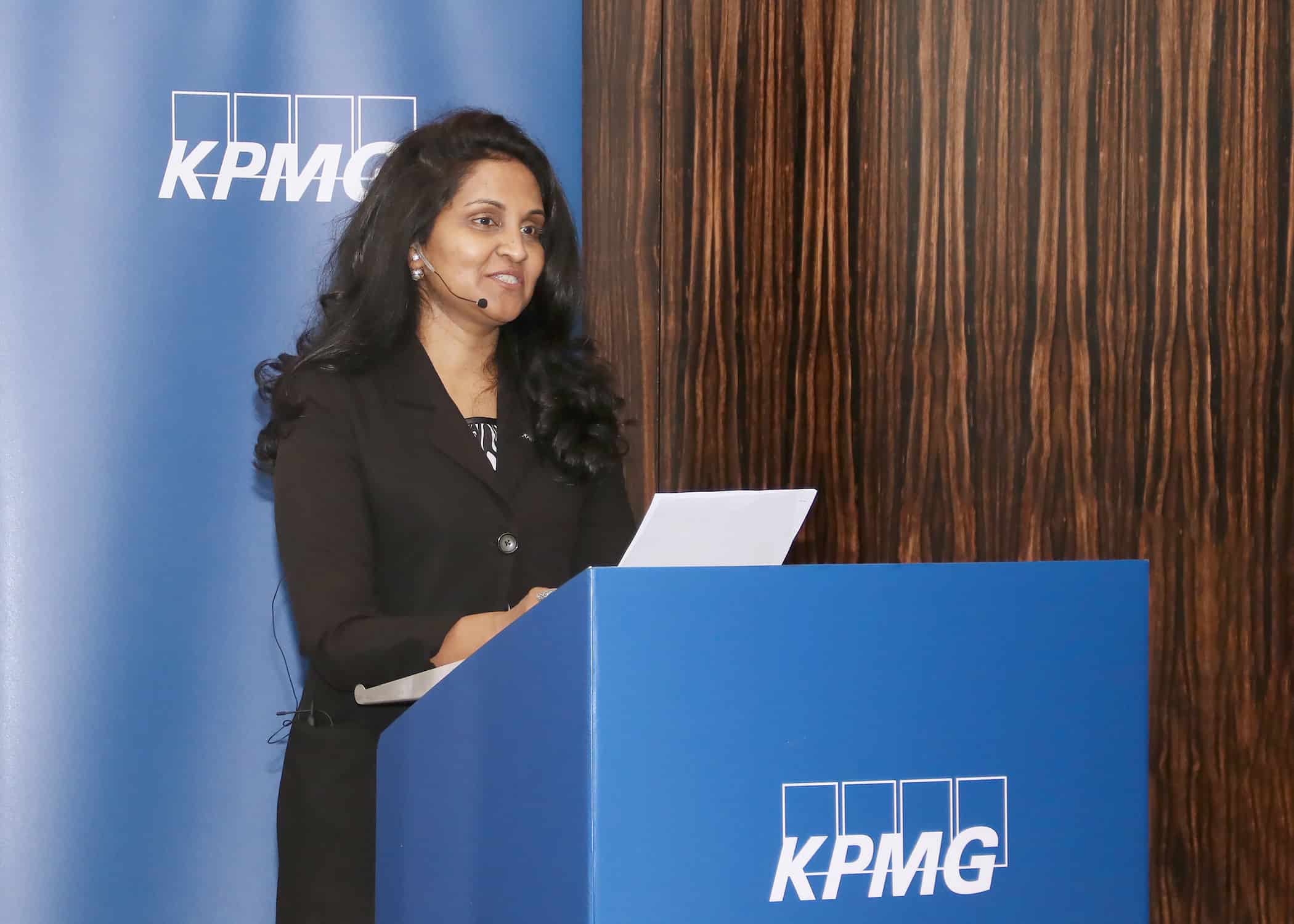The practice of board effectiveness evaluation in Malaysia has evolved with a growing recognition that the business case for it is clear and compelling.
According to a study conducted by KPMG in Malaysia, over 80% of Large Companies in Malaysia have conducted externally facilitated board evaluations or have put in place crystallised plans to undertake one in the forthcoming years. This serves to underscore the importance those companies place in building boardroom governing processes that can help them tap into the accumulated expertise and strategic potential of their boards.
KPMG’s study reveals that the boards of Large Companies (those with market capitalisation of RM 2 billion or above) are composed with a majority of independent directors with a view of fostering greater check and balance in the boardroom. It was also noted that 82% of independent directors in Large Companies have not exceeded the 9 years tenure yardstick and this is aligned with the notion that long tenures of independent directors and familiarity may erode the board’s objectivity.
The findings of this study was published in KPMG’s latest report entitled ‘Board Evaluation – Mutual Admiration or Thoughtful Reflection?’,. The report explores the thinking, approaches and practices associated with the board evaluation exercise in Malaysia. It was put together using disclosures from 581 listed companies in Malaysia[1] as well as anecdotes and first-hand insights gathered from the marketplace.
The report also expounds on frequent themes that surface from board evaluation exercises in terms of strengths and improvement opportunities, such as boardroom dynamics, strategy, succession planning, and information architecture.
Datuk Johan Idris, Managing Partner of KPMG in Malaysia, says, “The board evaluation process has been revitalised over the recent years, which is reinforced by the introduction of regulatory enumerations which calls for periodic externally facilitated evaluations.”
“Many directors have shared anecdotes with us that after they concluded board evaluations, frictions during meetings were reduced, their boardroom information architecture improved, and they have diffused ambiguities between their jobs and that of management, as well as paid more attention to long term corporate strategy,” he adds.
In the same sense that an effective board evaluation can benefit the company, the opposite can also be inferred when a board evaluation is not properly conducted. According to KPMG, minute performance problems that are not addressed through a proper approach to evaluation could lead to serious failures in corporate governance over time.
Kasturi Nathan, KPMG’s Head of Governance & Sustainability in Malaysia, says, “In an age where directors are constantly challenged to raise their game, many enlightened companies have come to realise that the board evaluation is an opportunity to understand the pathology of the board and board committees, while assessing if individual directors are able to discharge their duties. The evaluation process not only opens a window of opportunity for self-reflection, it can also serve as a catalyst for driving positive change in companies.”
Concurrently with the release of their report, KPMG announces that they are currently developing a Board Effectiveness Evaluation Software powered by analytics to automate the manual processes in a board evaluation exercise.
The Software aims to iron out some of the wrinkles prevalent in a conventional board evaluation exercise such as the need for an extended amount of time in completing the assessment instruments, provision of uniform rating for all questions in the instruments and limited analytics in drawing up the results.
KPMG intends for the Software to deliver value-added features such as customised questionnaires, built-in checks, automated reporting and respondent confidentiality. The Software will be customised in consultation with each company and packaged with KPMG’s Governance & Sustainability Advisory services.
“The idea to develop this Board Effectiveness Evaluation Software stems from KPMG’s explorations in leveraging technology to improve efficiency in conventional practices. I’m confident that the proliferation of technology still offers plenty of opportunities for us to enrich the board evaluation process and enhance good corporate governance in Malaysia,” concludes Kasturi.










